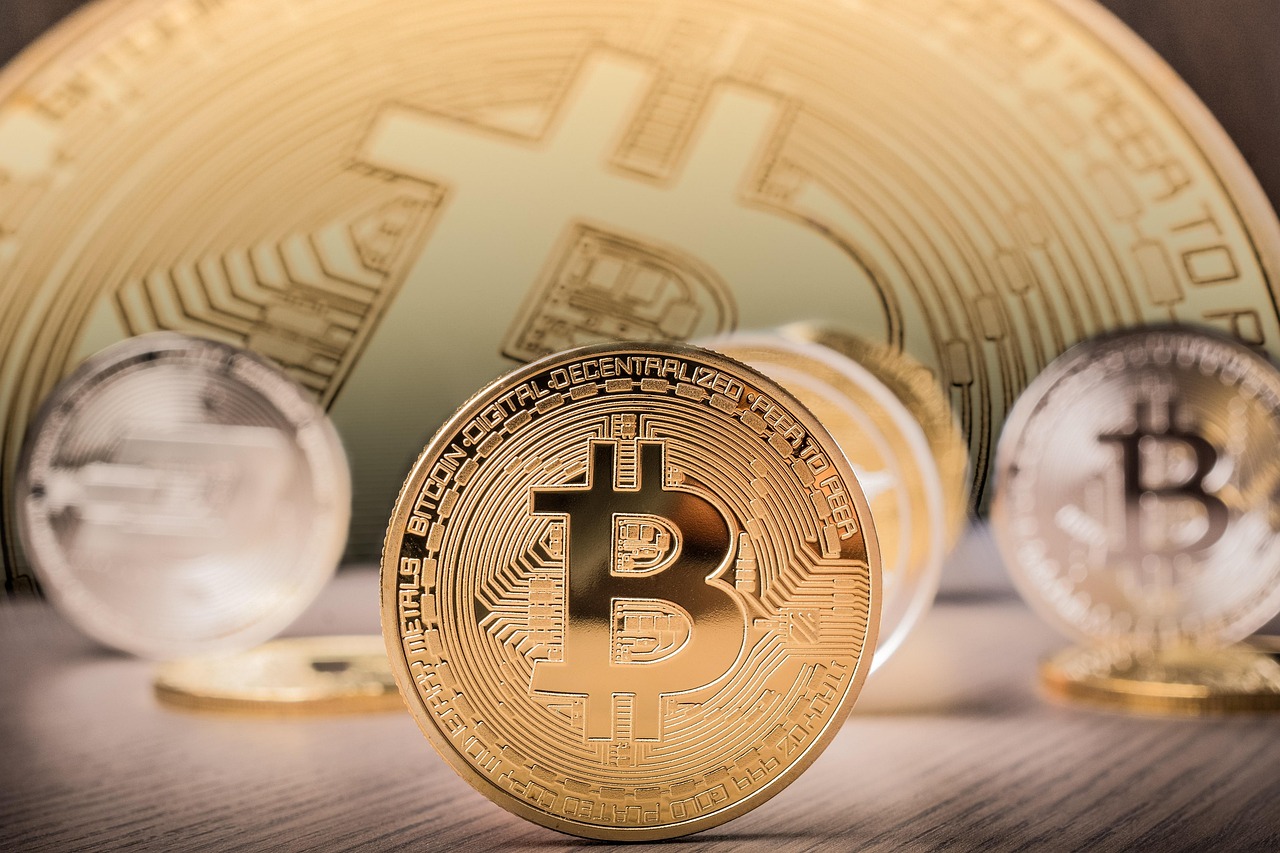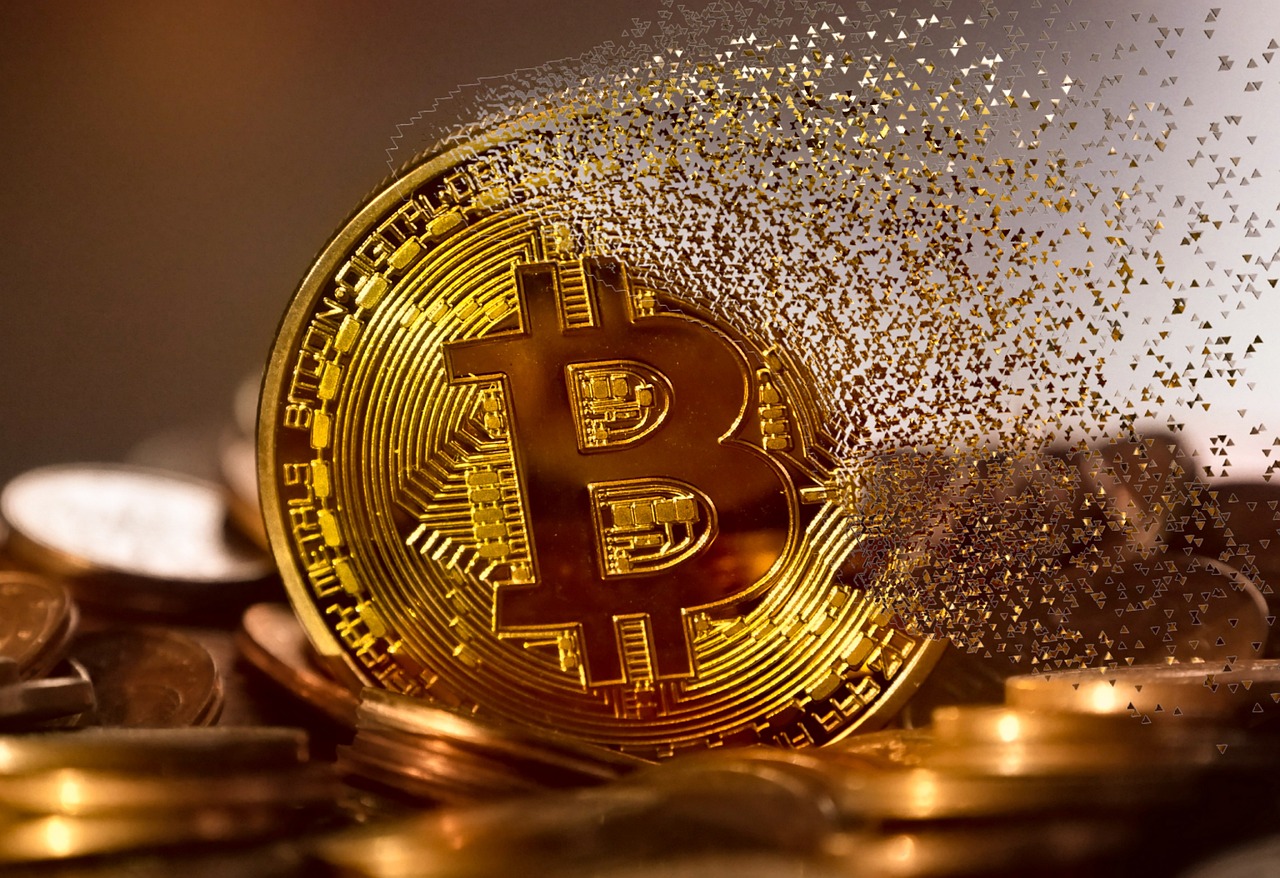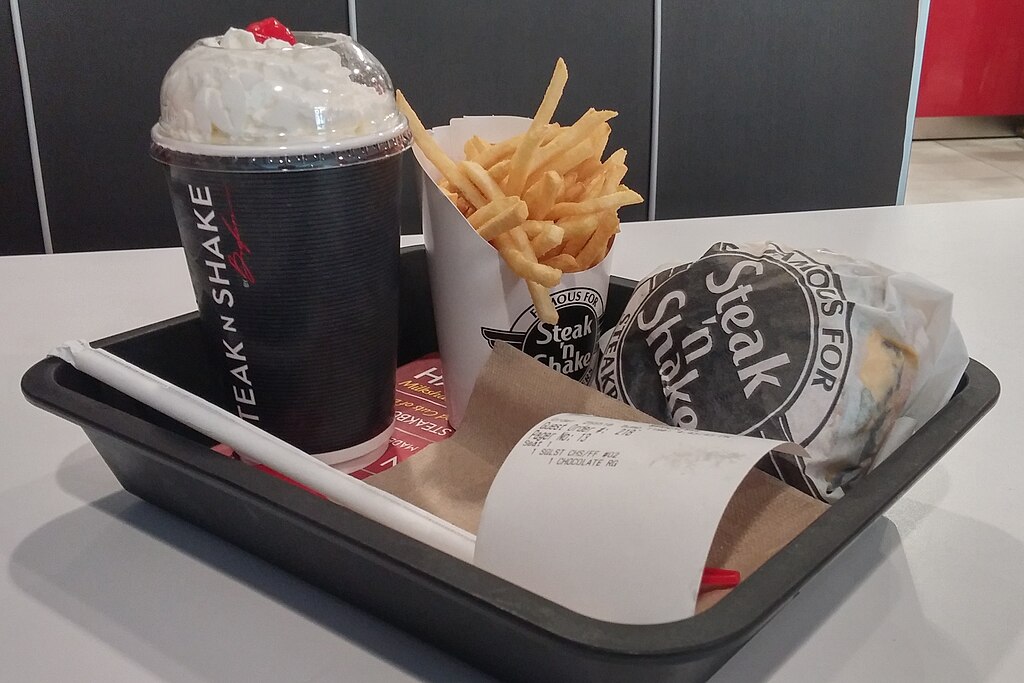Solana (SOL) is once again the center of attention following fresh controversy surrounding its 100,000 transactions per second (TPS) performance claim. The debate erupted after the network reported impressive throughput during heightened market volatility triggered by recent U.S. tariff announcements. While Solana emphasized handling up to 10,000 raw transactions per second, Brennan Watt, VP of Core Engineering at Anza, asserted that the network achieved peaks of 100,000 TPS—a statement that drew immediate skepticism from critics.
Social media users accused Solana of inflating figures, arguing that the network’s “true” TPS was closer to 1,800. However, Solana’s team swiftly addressed the allegations. Matt Sorg, Technology VP at the Solana Foundation, clarified that the 100,000 TPS figure represents validator-ingested transactions, including duplicates and reverted ones, rather than finalized on-chain data. This distinction means Solana’s metrics reflect network throughput capacity, not confirmed transactions—unlike Ethereum’s filtered mempool design.
Marcantonio, Head of DeFi at Galaxy, supported this view, explaining that the figure measures transaction ingress rate, demonstrating the pipeline’s efficiency under heavy load. Analysts argue that much of the criticism stems from misinterpretation rather than deliberate fabrication, illustrating how rival communities often weaponize technical nuances to fuel Ethereum–Solana competition.
Despite the controversy, SOL’s market performance remains robust. Following last week’s selloff, the cryptocurrency rebounded sharply, climbing above $190 after dipping to $168. Data indicates that traders have moved over 18 million SOL from the $224 resistance zone to the $172–$197 support range, reinforcing a bullish structure. Currently trading near $208.92, up nearly 6% in 24 hours, Solana stands as the best-performing asset among the top 40 cryptocurrencies. If SOL maintains stability above $190 and consolidates within key support zones, analysts suggest the network’s recovery could continue—FUD or not.
























Comment 0